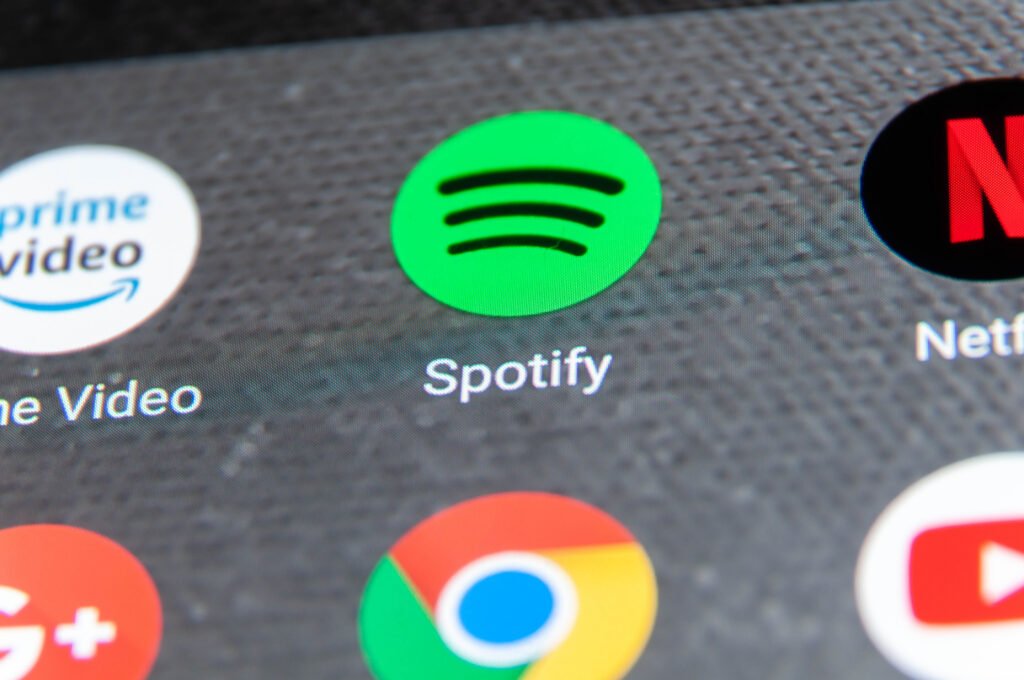Everyone posts their Spotify Wrapped like it’s a personality test, but nobody’s talking about their Chase Wrapped or Venmo Replay. Your bank knows you better than Spotify ever could. Time to make your year-end financial review as shareable (or shameable) as your music taste.
Your financial Wrapped would be brutally honest. “You spent 457 hours in Target this year – that’s a full-time job!” “Your top merchant was Chipotle: 127 visits!” “You were in the top 1% of DoorDash users globally!” The data exists; you’re just afraid to look.
Create your own spending personality categories. Are you a “Treat Yourself Tuesday Warrior” (midweek impulse shopper)? A “Sunday Scaries Spender” (emotional weekend purchases)? A “Midnight Marauder” (late-night online shopping)? Own your patterns.
The top five merchants list reveals everything. Starbucks, Amazon, Target, whatever gas station is closest, and that one restaurant you definitely go to too much. These five probably account for 60% of your variable spending. Your financial personality in five vendors.
Your spending genres need categorizing. “Necessity Core” (rent, utilities, groceries). “Guilty Pleasure Pop” (subscriptions you forgot about). “Experimental Jazz” (that time you bought a ukulele at 2am). “Classical Mistakes” (returns you never made).
The seasonal spending patterns tell stories. “Your Spring era was optimistic – gym memberships and organizational supplies!” “Summer was your festival phase – 300% increase in entertainment spending!” “Fall brought the nesting instinct – hello, throw pillows!” “Winter was hibernation mode – delivery apps dominated.”
Calculate your greatest hits (worst purchases). That exercise bike turned clothes rack: $1,400. The masterclass subscription you used once: $180. The vitamins that expired unopened: $89. Create a memorial wall of financial regrets.
Your collaborative playlists are your Venmo connections. Who’s your top featuring artist (person you split bills with most)? Your most unexpected collab (that random Venmo to someone you forgot existed)? Your one-hit wonder (person who borrowed money once and disappeared)?
The listening time equivalent is shocking. You spent 47 hours comparing prices online to save $12. That’s two full days to save less than minimum wage. You spent 156 hours working to pay for things you used for 10 hours. The time-money math is sobering.
Your financial moods throughout the year. January: “New year new me” (gym memberships, organizers). March: “Seasonal depression shopping.” June: “Summer body panic buying.” September: “Back to school even though you’re 30.” December: “Fuck it, it’s Christmas.”
The skipped tracks are your returned purchases. 47 returns initiated, 12 completed. Those unworn clothes with tags are your skipped tracks – they seemed good in the moment but weren’t right for your playlist (life).
Your podcast equivalent is financial education ignored. 73 saved articles about budgeting, 0 read. 15 downloaded finance apps, 1 used. 45 YouTube videos about investing in watch later, still watching Netflix instead.
Create shareable graphics of your insights. “I was in the top 5% of overthinkers – 234 abandoned carts!” “My money anthem was ‘Return to Sender’ – 67 returns!” “My spending tempo was allegro – quick and regrettable!”
The year-end recap email to yourself. “Dear 2024 you, this year you discovered credit card interest, explored the genre of meal delivery, and collaboration with your savings account remained minimal. Your top emotion was financial anxiety, but hey, at least you’re consistent!”
Make it annual tradition. Compare years. Did your coffee spending increase or decrease? Are you growing or just growing your credit card debt? Treat it like a game where the high score is saving money, not spending it.










